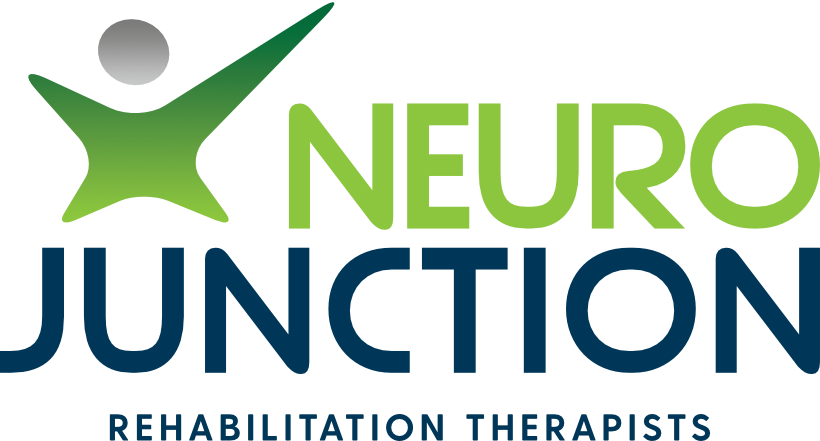Parkinson’s Plus Conditions
What is a PARKINSONS PLUS CONDITION?
Also referred to as ‘atypical Parkinsonism’, these are rare diseases affecting the nervous system resulting in a similar presentation of symptoms to Parkinson’s Disease. People with these conditions will often have no response to Levodopa, a medication typically prescribed to treat Parkinson’s Disease. Due to the complex nature and progressiveness, it is important for these patients to see a neurologist.
PROGRESSIVE SUPRANUCLEAR PALSY (PSP)
PSP is the most common Parkinson’s Plus Condition.
It affects movements of the body such as eye function, walking and balance.
People with PSP may have recurrent falls and notable difference to their eyes (including decreased blinking, reduced eye movement, sensitivity to light or blurry vision).
It is also common to experience changes in speaking, thinking or behaviour.
MULTIPLE SYSTEM ATROPHY (MSA)
MSA affects the body’s autonomic functioning which may include blood pressure, bladder and bowel, sexual function and temperature regulation.
MSA also presents with slow movements, voice changes and clumsiness.
There are two types of MSA:
MSA-P (Parkinson’s Type) – displays symptoms similar to Parkinson’s Disease, such as slowness of movement, poor balance, decreased coordination, rigidity, bladder/bowel issues and digestion difficulties
MSA-C (Cerebellar Type) – displays symptoms of poor balance and coordination, issues with speech and swallowing and abnormal eye movements.
DEMENTIA WITH LEWY BODIES
The second most common form of dementia after Alzheimer’s.
A cognitive impairment accompanies the movement abnormalities present; affecting the ability to think, speak and remember.
People with Dementia with Lewy Bodies also show signs of REM sleep disorder, which can involve acting out during dreams.
CORTICOBASAL DEGENERATION
The rarest Parkinson’s Plus Condition, initially presenting with one sided deficits such as decreased muscle control.
People with Corticobasal Degeneration often show cognitive impacts, including thought process, impulsivity, personality changes and issues with speech.
HOW CAN OUR THERAPISTS HELP?
Neuro Junction Physiotherapists and Occupational Therapists can aid in the treatment and management of these conditions. Our therapists play a large role in the multidisciplinary team working collaboratively to promote independence and improve quality of life. This is including but not limited to:
Equipment prescription and home modification
Advice and education surrounding the condition
Mobility and exercise programs as suitable
Cognitive therapies
Balance training
Respiratory management
For More Information:
Dementia Australia - Lewy body Dementia
References:
Vertes, A.C. and Khan Suheb, M.Z. (2022). Parkinson-plus Syndrome. [online] PubMed. Available at: https://www.ncbi.nlm.nih.gov/books/NBK585113/
www.ninds.nih.gov. (2023). Multiple System Atrophy | National Institute of Neurological Disorders and Stroke. [online] Available at: https://www.ninds.nih.gov/health- information/disorders/multiple-system-atrophy


